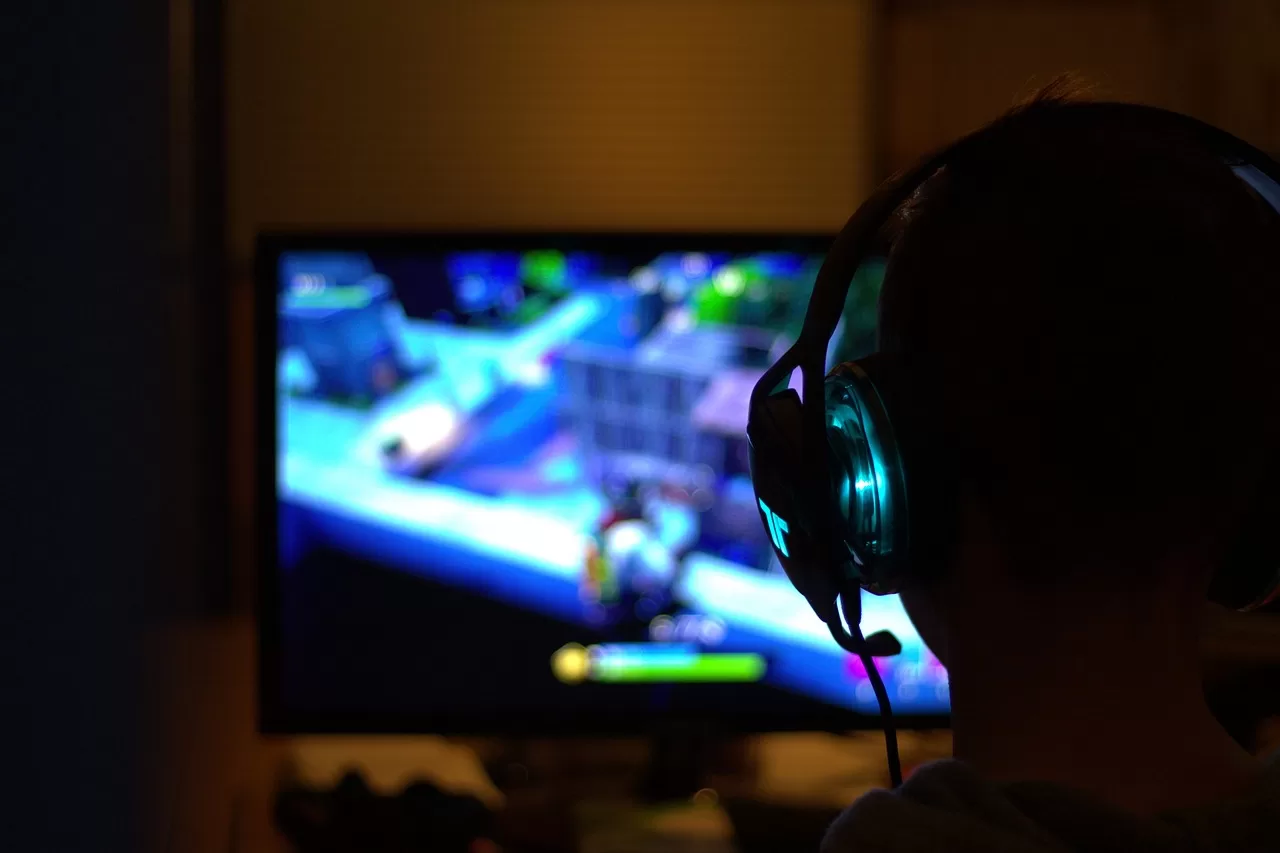With the rise of esports, it’s becoming increasingly apparent that the education system needs to adapt to the changing interests and career opportunities of students. Esports is a rapidly growing industry that has been recognized as a legitimate profession, with lucrative job opportunities for skilled players and coaches.
Esports involves organized competitive video gaming, where teams or individuals compete against each other in games such as League of Legends, Overwatch, and Fortnite. Playing video games arenow recognized as a serious sport, with events such as the League of Legends World Championship drawing millions of viewers worldwide.
As esports becomes more mainstream, it’s important for the education system to recognize its importance and incorporate it into the curriculum. Here are some ways the education system can incorporate esports as a class:
Introduction to esports as a career
Esports can be introduced as a potential career path to students, much like traditional sports. Students can learn about the various opportunities available in the esports industry, such as professional player, coach, caster, and event organizer. This can be done through guest lectures, field trips, and workshops.
Teaching the fundamentals of esports
Just like traditional sports, esports has its own set of fundamentals that players need to master to be successful. These include game knowledge, strategy, teamwork, communication, and hand-eye coordination. These skills can be taught through practical gameplay sessions, where students can practice their skills and develop their own strategies.
Incorporating esports into physical education
Esports can be incorporated into the physical education curriculum, as it requires similar skills to traditional sports. Physical education teachers can use esports games to teach students about teamwork, strategy, and sportsmanship. This can be done through competitive gameplay sessions, where students can work together to achieve a common goal.
Creating an esports team
Schools can create their own esports teams, much like traditional sports teams. These teams can participate in local and regional tournaments, where they can compete against other schools. This not only provides students with a competitive platform but also helps to foster teamwork, communication, and leadership skills.
Esports as an extracurricular activity
Esports can also be offered as an extracurricular activity, where students can come together to play games and participate in tournaments. This can be done outside of school hours, and can be led by a teacher or a student club. This provides students with a fun and social environment where they can connect with like-minded individuals.
Gaming development and design
Esports can also be incorporated into the curriculum through game development and design courses. Students can learn about the design, development, and marketing of video games, which are essential skills in the esports industry. This can be done through computer science courses, where students can learn programming and game design.
Broadcast and production
The esports industry requires skilled individuals to broadcast and produce events. Students can learn about the technical aspects of broadcasting and production, such as camera work, lighting, and audio. This can be done through media courses, where students can learn about video production and broadcasting.
Collaboration with industry partners
Schools can collaborate with industry partners to provide students with hands-on experience in the esports industry. This can be done through internships, mentorships, and job shadowing opportunities. Industry partners can provide students with valuable insights into the industry, and can also provide networking opportunities.
In conclusion, esports is a rapidly growing industry that has become a legitimate profession. The education system needs to recognize the importance of esports and incorporate it into the curriculum. This can be done through teaching the fundamentals of esports, incorporating it into physical education, creating esports teams, offering it as an extracurricular activity, teaching game development and design, and providing opportunities to collaborate with industry partners. By doing so, students can develop skills that are essential in the esports industry.


